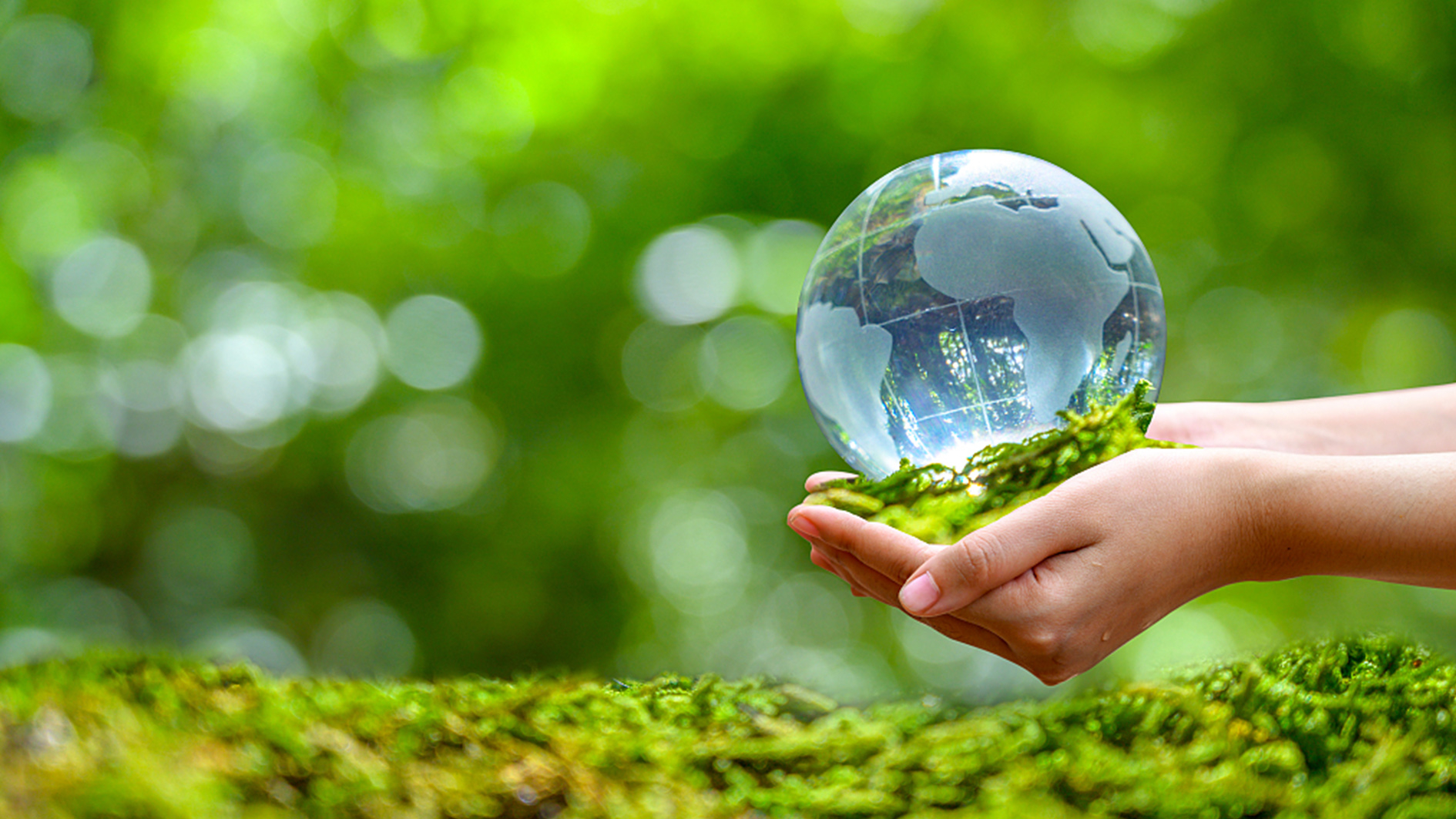
If only Captain Planet were a real hero, the state of our environment would be in much better shape than it is right now. Unfortunately, he’s just a cartoon character and the state of the environment is in our hands.
According to un.org, climate change is one of the biggest defining issues of our time. With sea levels rising and weather patterns changing, we may not be able to avoid irreversible damage to our planet if we don’t take action now.
Things like reducing our carbon footprint and reducing greenhouse gases can be done in our daily routines helping to make a less harmful impact on our planet. But how do you go about doing that? All too often, people want to do their part but have no clue where to even begin. And that’s okay… that’s the whole point of this article.
We’re going to discuss things you can do in your everyday life to do your part in saving the environment. You may look at these tips and wonder how you, just one person, can impact the environment… Well, you see how every individual in the world has impacted the environment for the worst, just imagine the amount of good that can be done if every single person did things that were good for the environment versus bad for it…
Ways You Can Do Your Part in Helping Save the Environment
Switch to Solar Energy
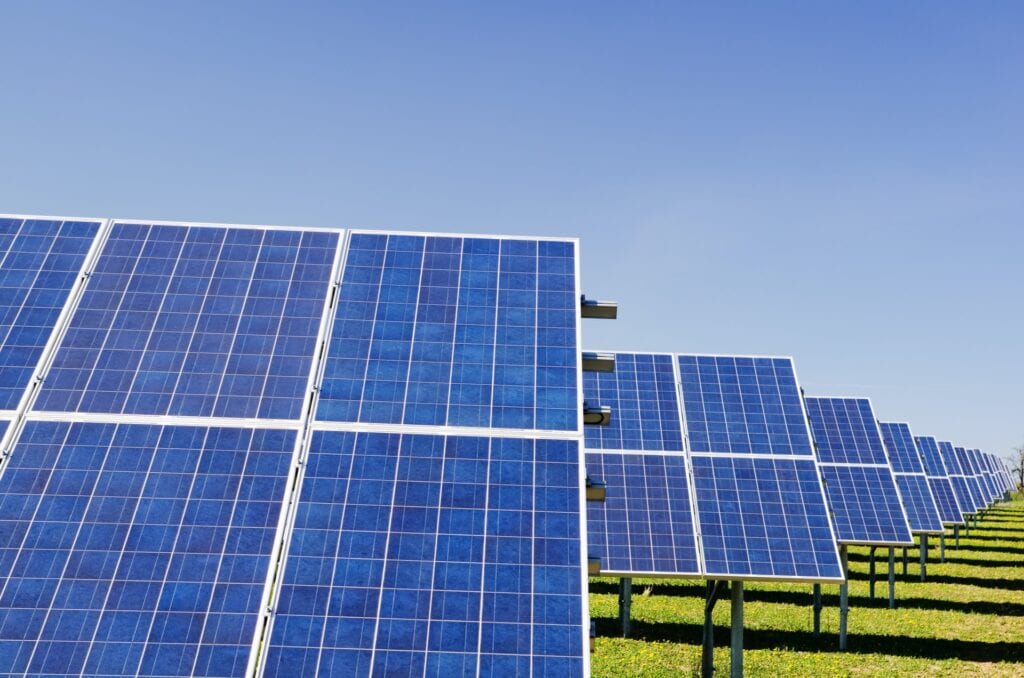
The traditional way electricity is provided to homes is through the use of fossil fuels, which by the way, pollutes our air when burned. When coal is burned, it emits sulfur dioxide which is the cause of acid rain. To do your part and eliminate this issue, you can join a shared solar initiative.
By joining a shared solar initiative, you’re generating electricity powered from a renewable resource. This involves no burning of fossil fuels, just simply using the natural energy of the sun. And for the solar power you don’t use, you’ll receive energy credits from that. You can learn more about it in this guide from Choose Solar. So even though no fossil fuels are being used, you still want to be mindful of your home’s energy consumption rate. Affordable renewable electricity plans, like those offered by Gexa Energy rates, are helping more individuals switch to low-carbon electricity sources and making the electricity used across the country cleaner.
Recycle Used Cooking Oil

To certain people, this might sound absurd but recycling used cooking oil is a great way to help save our environment. Just think about how much you cook with grease… Even if you don’t cook with grease, think about how many restaurants and fast-food places do… The average household uses gallons on gallons of cooking oil, but how do you think people dispose of it?
People will pour it in the trash can, down the drain, and in their yards to get rid of it… All three disposal ways are awful. Oil will not only clog drains, but if thrown out, can attract animals and make them sick. So if you have leftover cooking oil, reuse it and cook other meals with it or at least look for a local collection municipality in your area.
Save Water
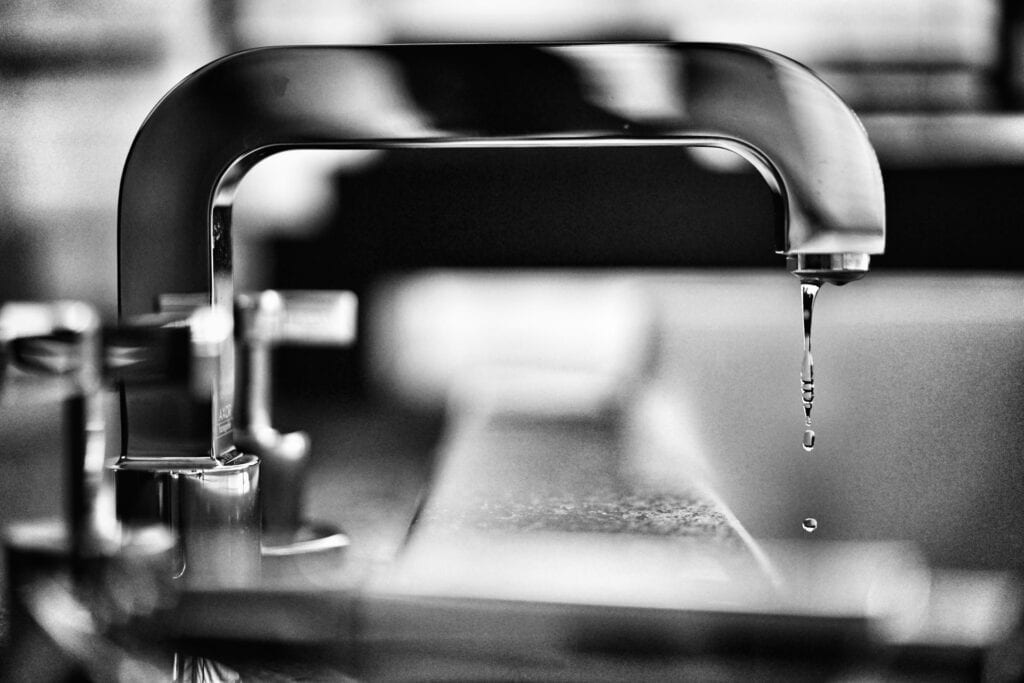
If you really sit back and think about it, we waste ridiculous amounts of water all the time. From leaving the water on while brushing our teeth to running the washing machine with only a few clothes to wash, we waste so much water every day it’s sad. There are people in certain parts of the US who don’t have access to clean water, and that’s not including the countries that don’t have access to clean water.
The solution here is to simply be more mindful. Turn the water off when brushing your teeth. Wash your clothes only when you have full loads. And cut your shower times in half… There’s a lot you can do but you have to be committed to doing it.
Reusable Bags
Plastic shopping bags that are tossed out end up in landfills or in other areas of the environment. They can choke animals that are trapped in them, or they may be mistaken for food. It takes a while for the bags to disintegrate.
If you’re shopping for food, garments or books, use a reusable container. Which cuts off the litter and stops the animals from getting hold of it. It can be hard to reuse, particularly if you live in a herd-like community of shared living. Some people might not be enthusiastic about the world, but you may have to take on more responsibilities.
Plant Trees
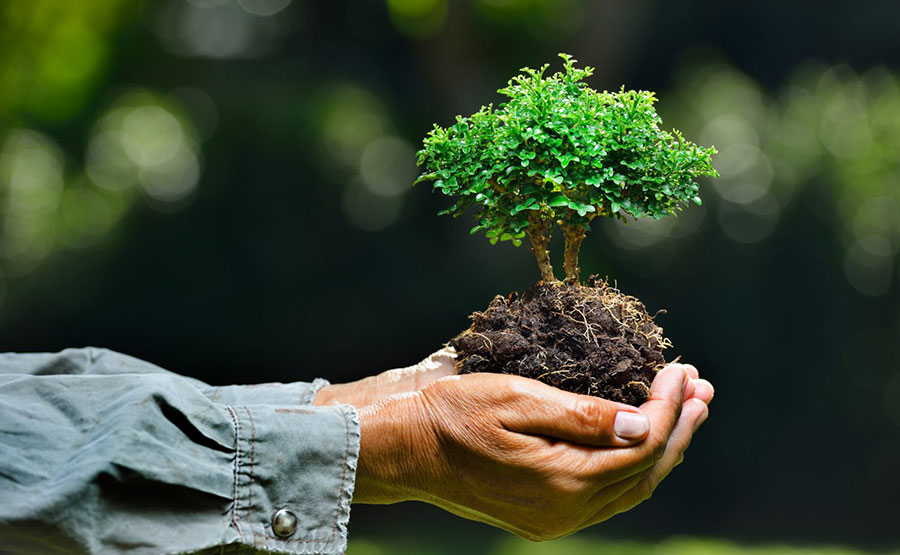
We need a lot of oxygen. Trees are a great source of oxygen. Not only oxygen, they also helps save electricity and combat climate change.
Support butterflies, insects and other pollinating insects without spending a fortune by adding a tub of nectar plants to your front porch, balcony or back garden this season. Pollinators is a task for everyone; you don’t need a greenhouse or green fingers to create a plant that will support our endangered butterflies and bees.
Try to use Public transport when possible
Your personal transport is a common way of pollution. When you need to drive your vehicle, equate the schedules and places of residence with those of your school. You will share the cost of petrol and provide alternate plans on who travels where. It’s cheaper than anyone else moving independently, because you’re going to get closer to mates. Those hood scoops are on the ground level, where we can breathe the dirty air directly. Think of a world where carpool, uber, bike, or use mass transport more frequently than not.
Save Electricity
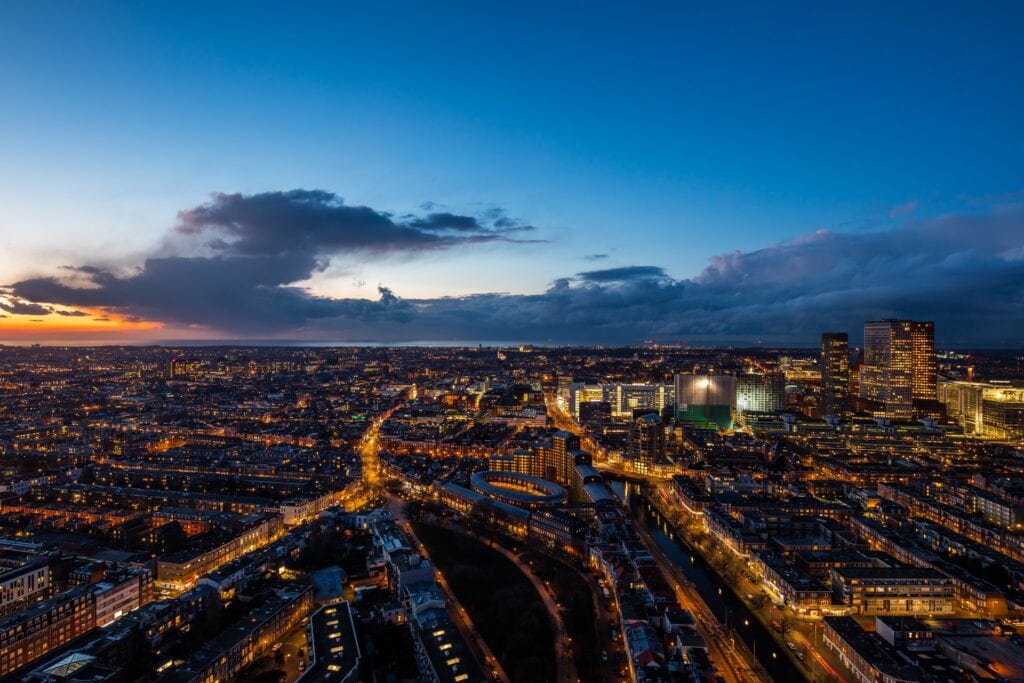
Sources of energy, such as gas, are destroying, so it is important to pay attention to the use of electricity and make changes such that we can maintain sources while seeking renewable substitutes. Methods of saving energy are very simple: do not use needless lamps, unplug the electronics used and aim to restrict the use of the washing machine.
Summing Up
Our wonderful well beings should help each other to rebuild nature and fix the key causes of the loss of nature, especially the food system and global warming. We should depend on generous contributions to carry out our initiatives around the world.




